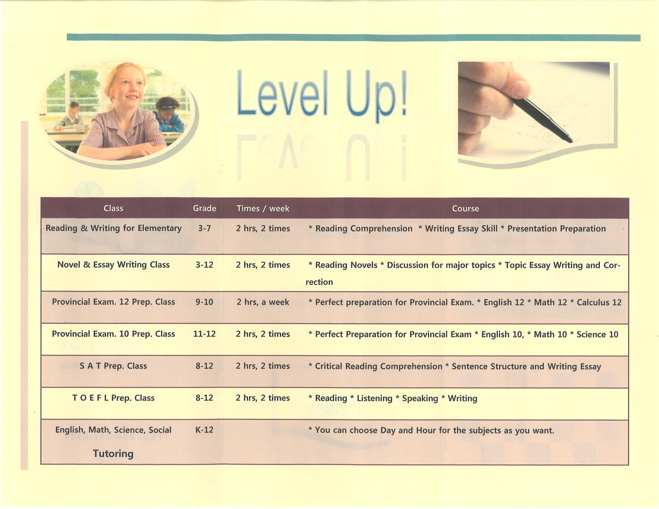Janice Aurini, Scott Davies & Julian Dierkes (eds.)
Out of the Shadows: The Global Intensification of Supplementary Education
(International Perspectives on Education and Society, Vol. 22)
Emerald Publishing, Bingley UK: 2013.
 Table of Contents
Table of Contents
“Out of the shadows? An introduction to worldwide supplementary education”
Janice Aurini, Scott Davies, Julian Dierkes (pp. xv – xxiv)
Part 1: Countries With High Intensity Forms of Supplementary Education
“The Insecurity Industry: Supplementary Education in Japan”
Julian Dierkes (pp. 3 – 21)
“Supplementary Education in Turkey: Recent Developments and Future Prospects”
Aysit Tansel (pp. 23 – 66)
“Researching Supplementary Education: Plans, Realities, and Lessons from Fieldwork in China”
Wei Zhang, Mark Bray (pp. 67 – 94)
“Private Tutoring in Vietnam: A Review of Current Issues and its Major Correlates”
Hai-Anh Dang (pp. 95 – 127)
“Supplementary Education in Brazil: Diversity and Paradoxes”
Alexandre Ventura, Candido Gomes (pp. 129 – 151)
Part 2: Countries With Low Intensity Forms of Supplementary Education
“Supplementary Education in a Changing Organizational Field: The Canadian Case”
Janice Aurini, Scott Davies (pp. 155 – 170)
“But did it Help you get to University? A Qualitative Study of Supplementary Education in Western Australia”
Martin Forsey (pp. 171 – 189)
“Supplementary Education in the United States: Policy Context, Characteristics, and Challenges”
Izumi Mori (pp. 191 – 207)
“Supplementary Education in Germany: History and Present Developments”
Thomas Koinzer (pp. 209 – 220)
Part 3: Comparing High and Low Intensity Forms of Supplementary Education
“Making Markets: Policy Construction of Supplementary Education in the United States and Korea”
Christopher Lubienski, Jin Lee (pp. 223 – 244)
“Family Capital: a Determinant of Supplementary Education in 17 Nations”
Darby E. Southgate (pp. 245 – 258)




